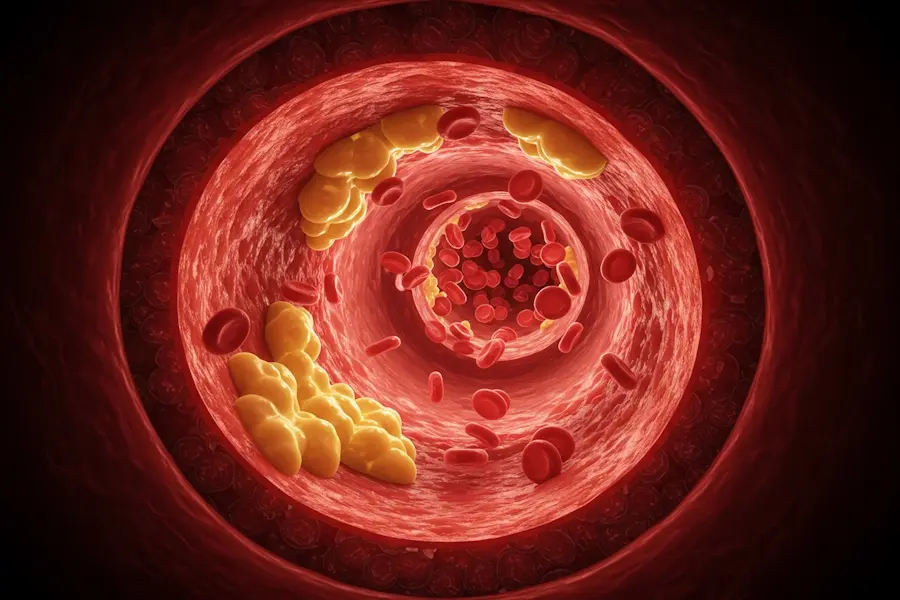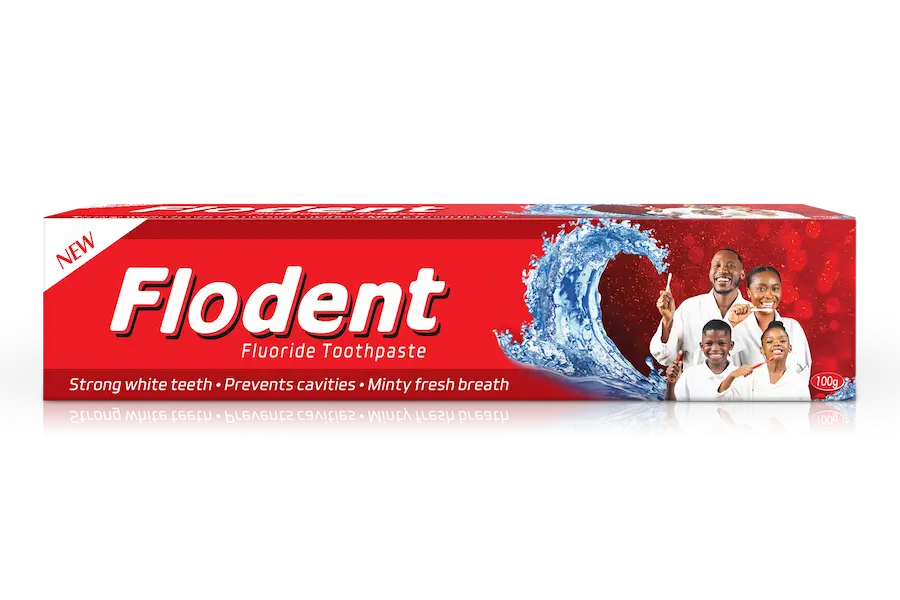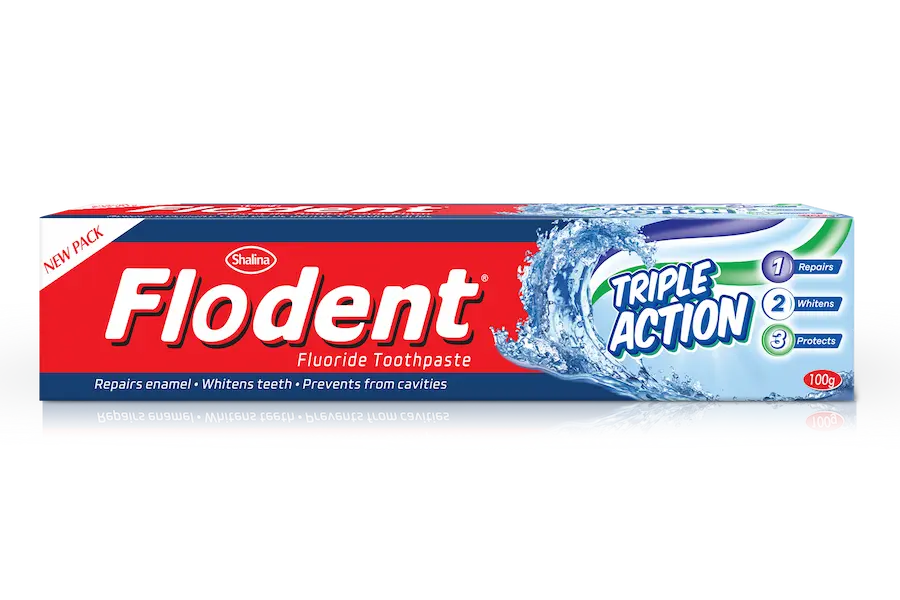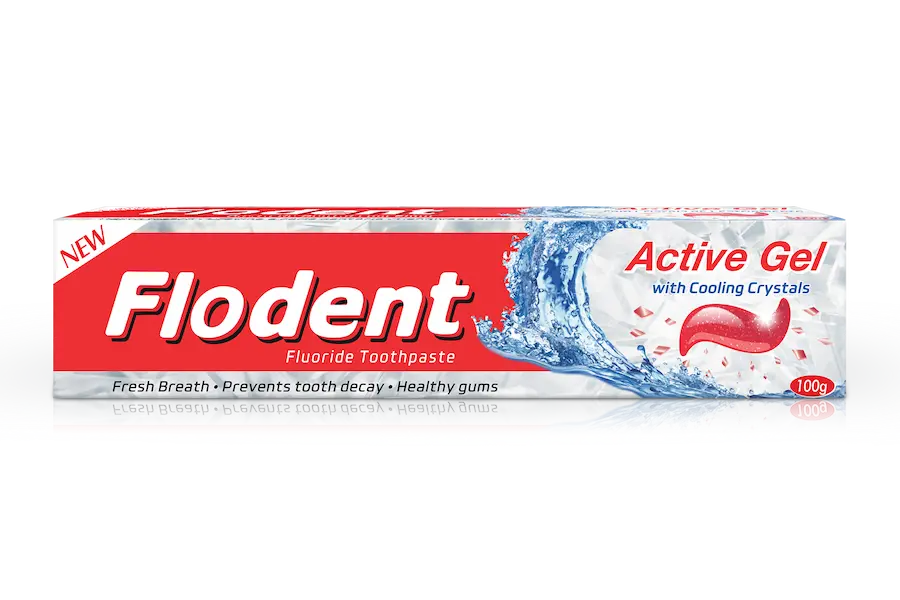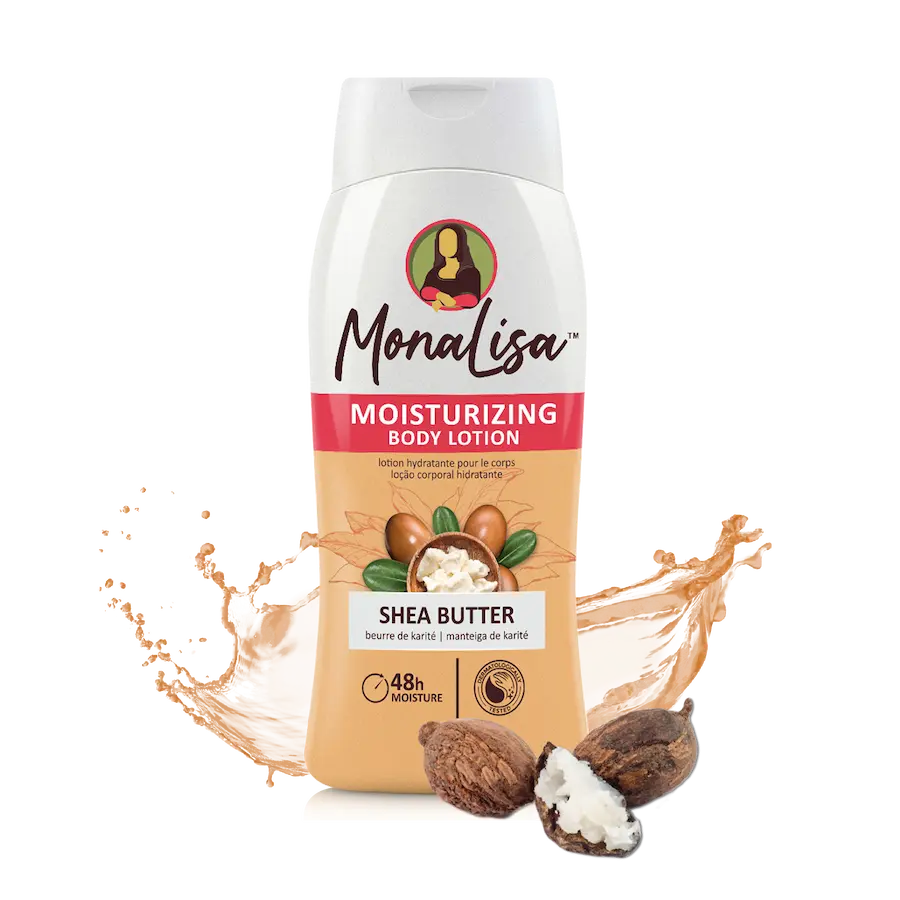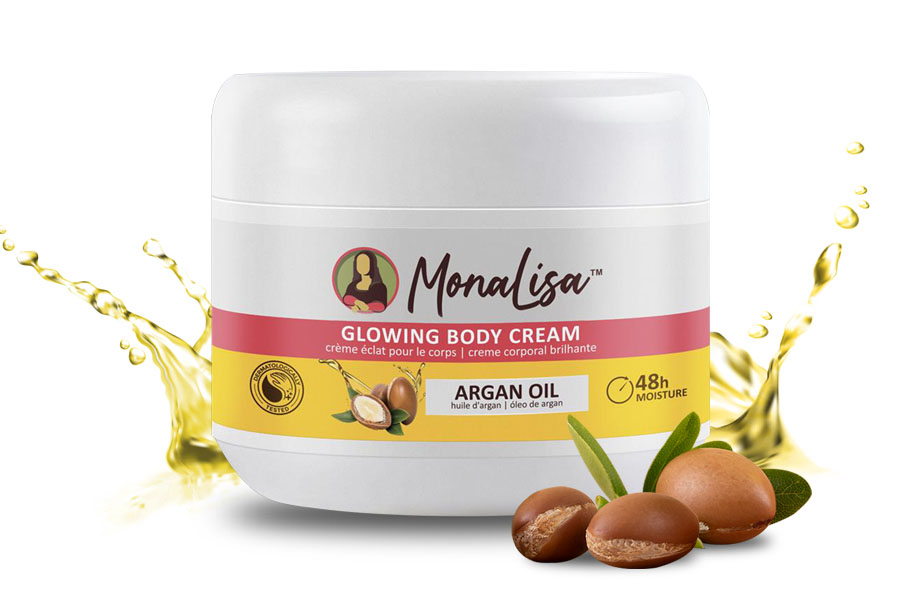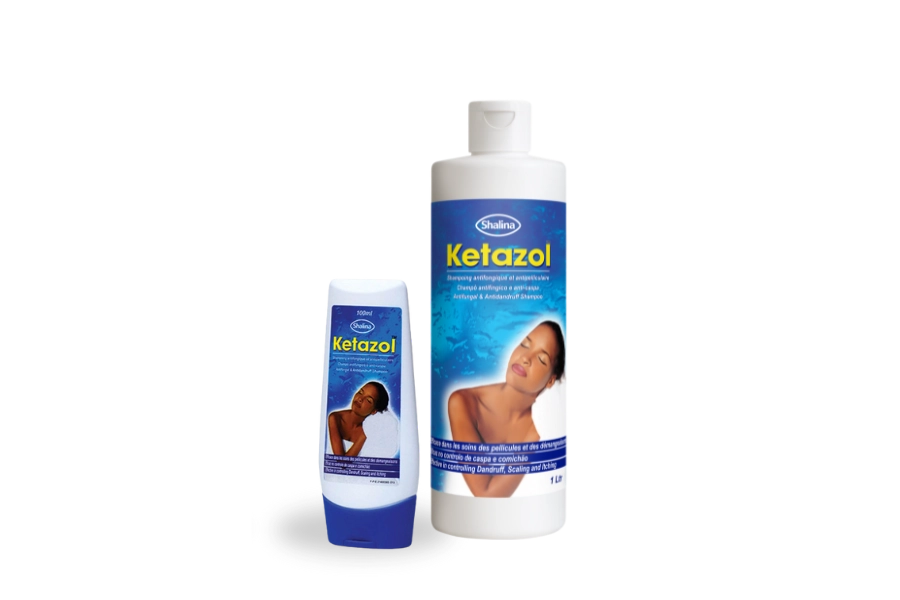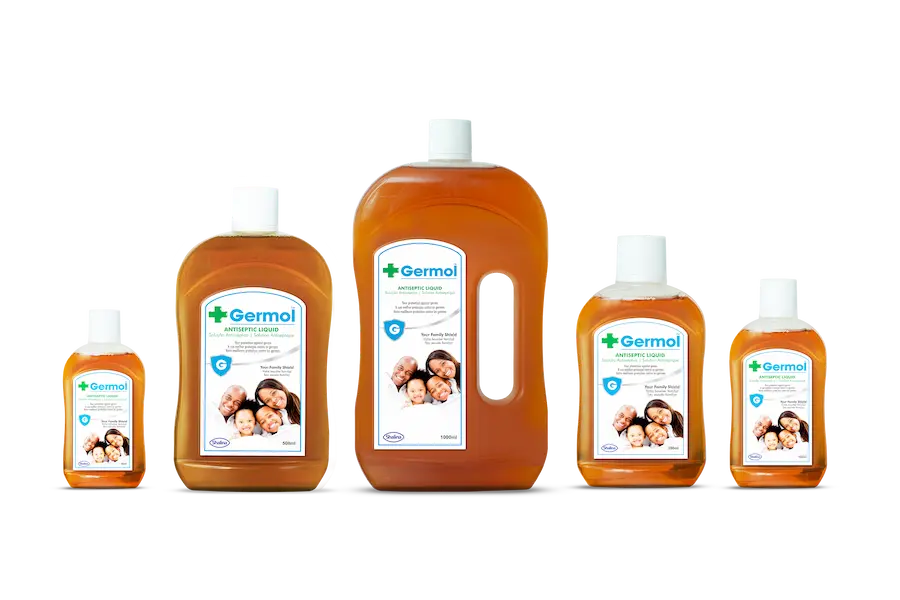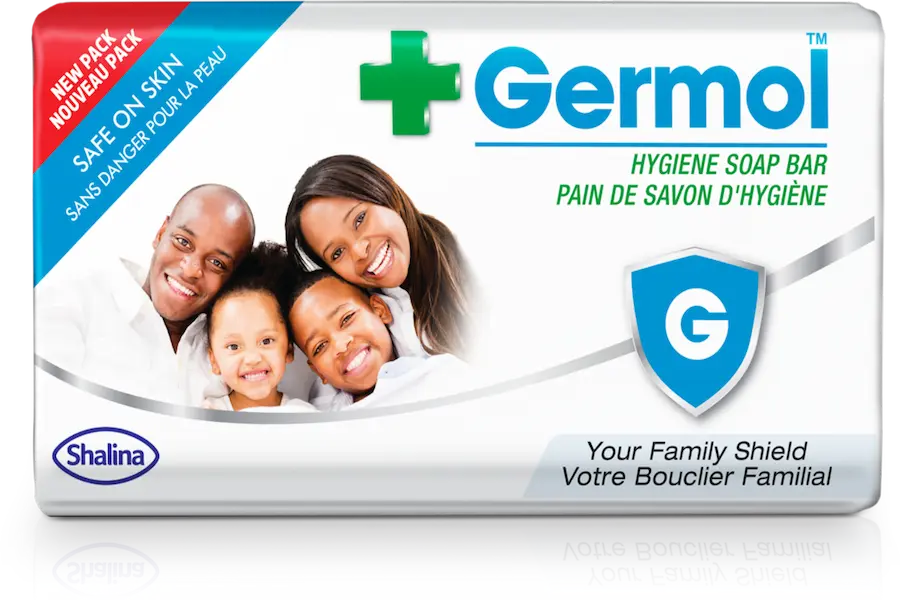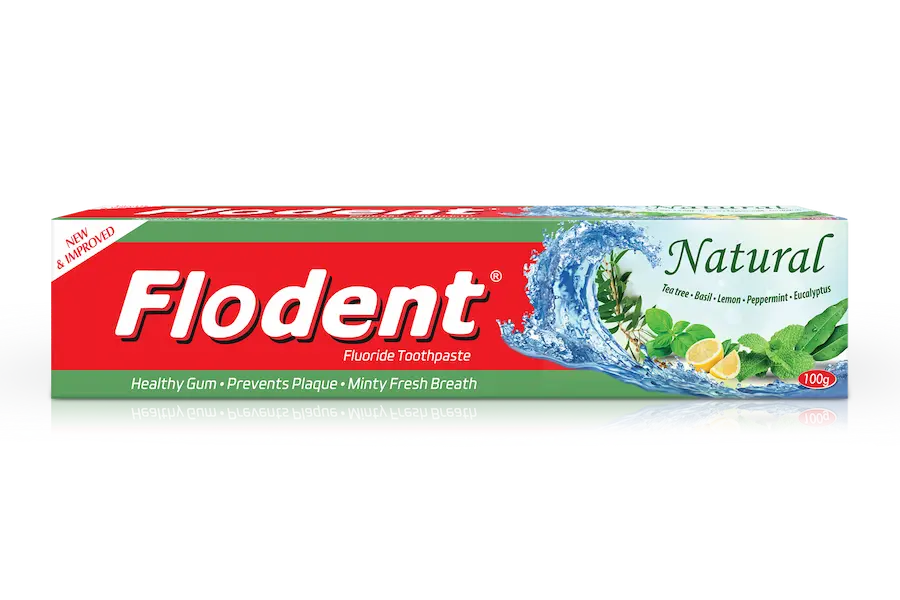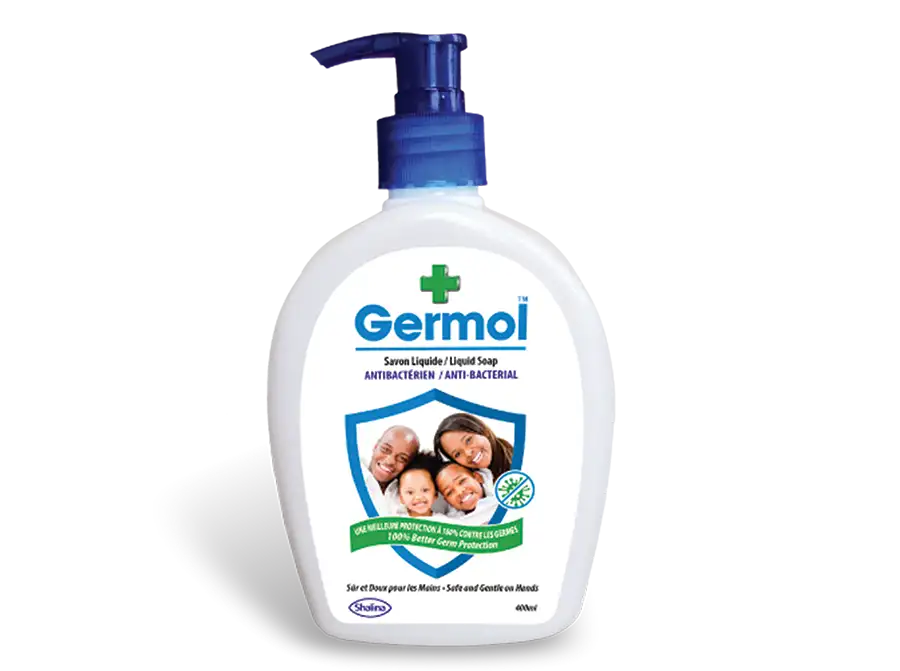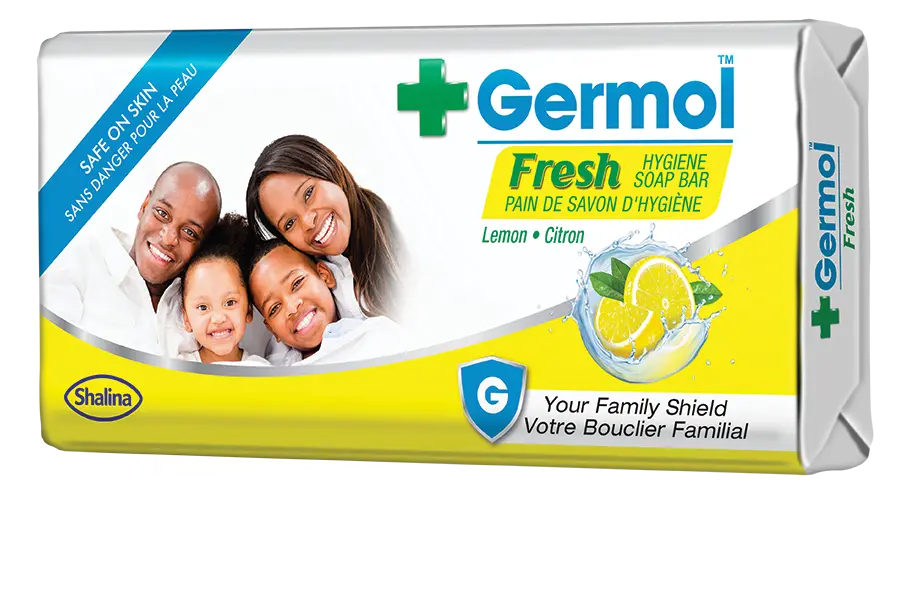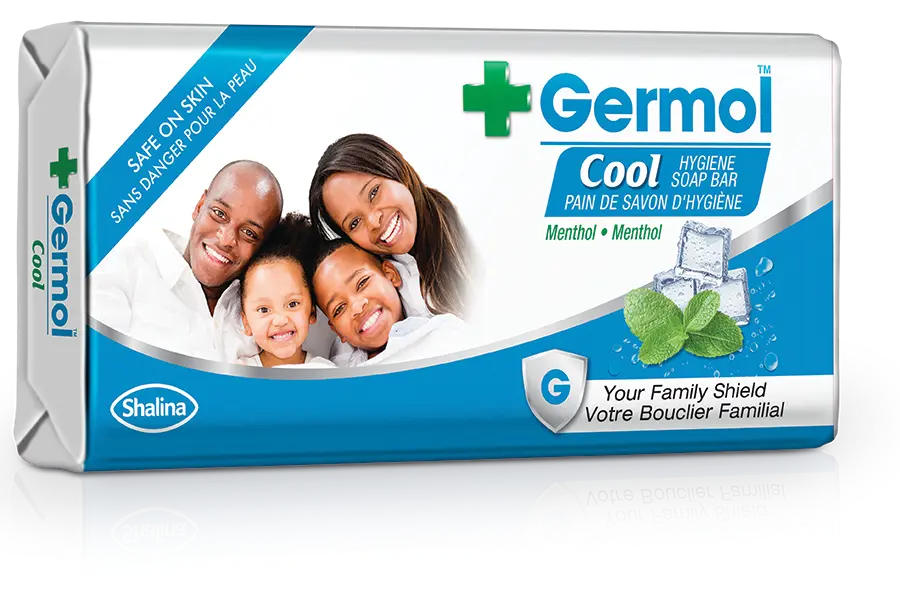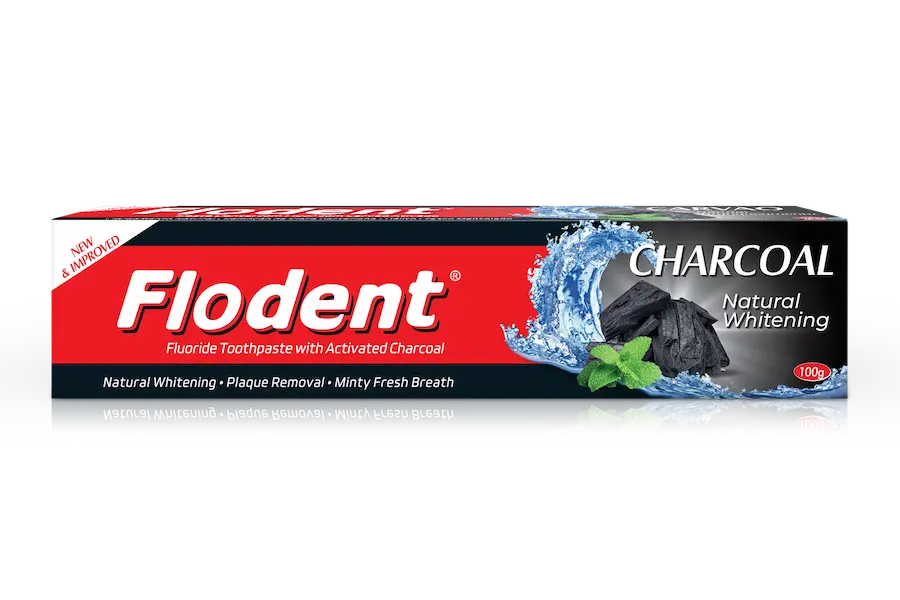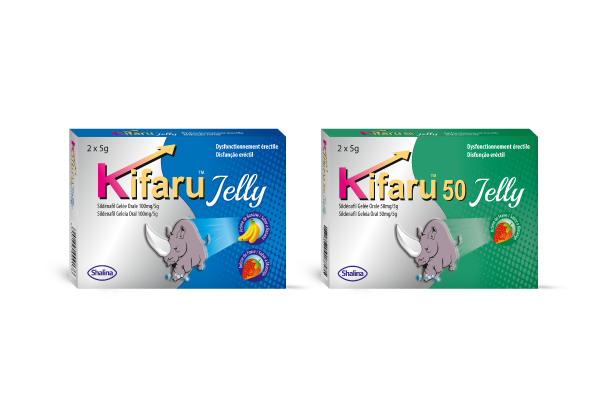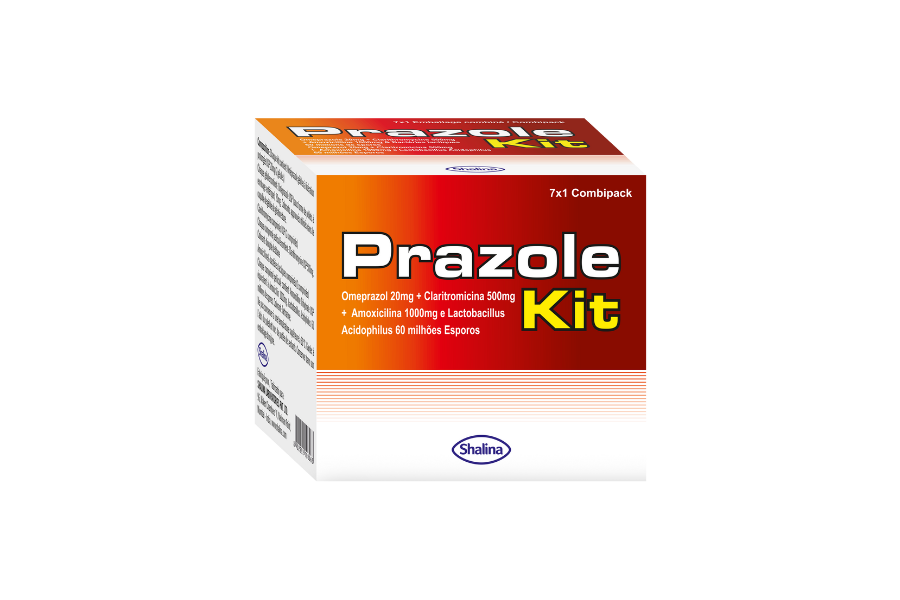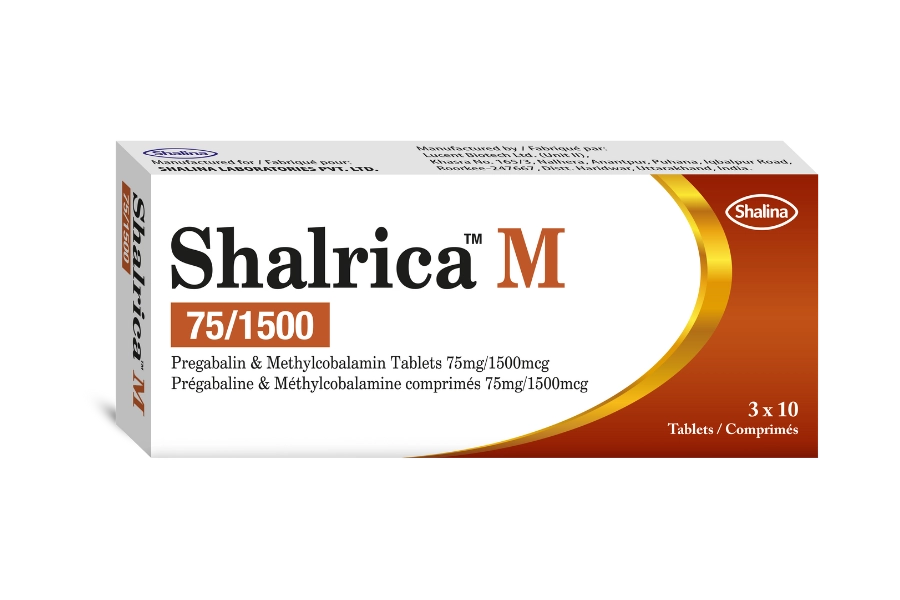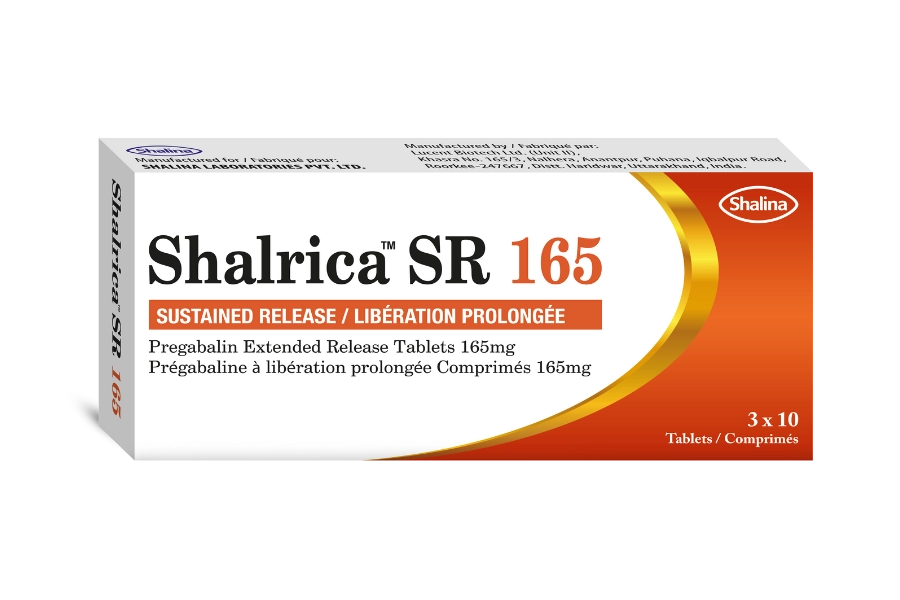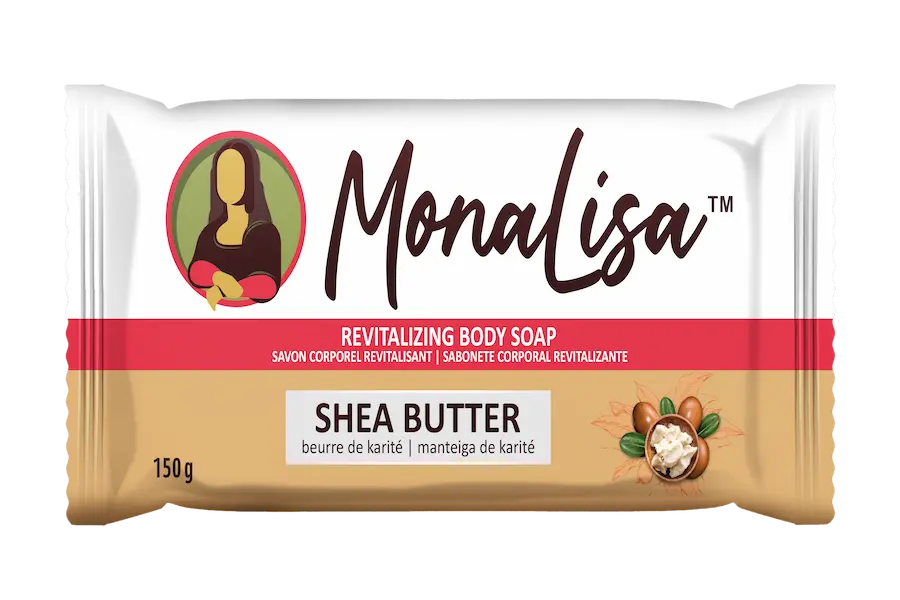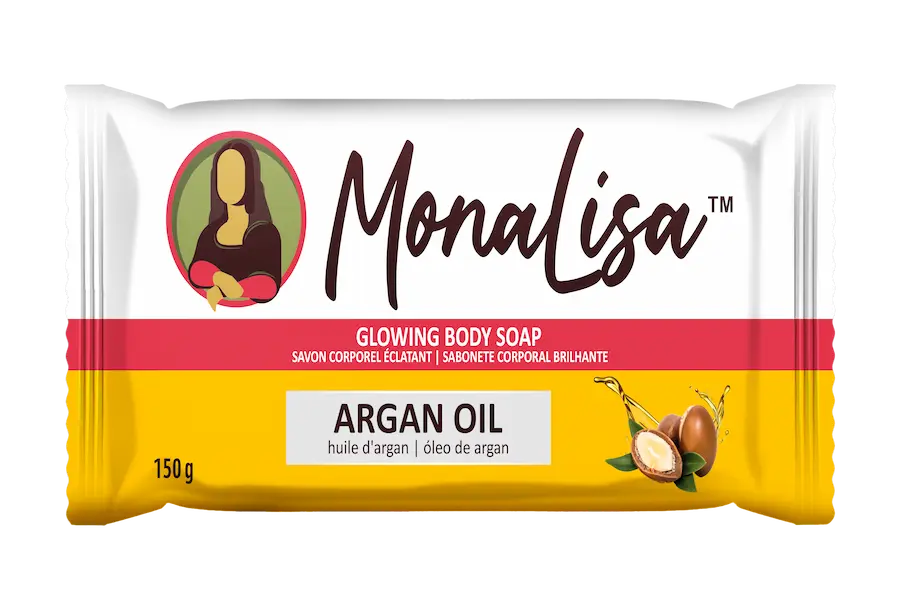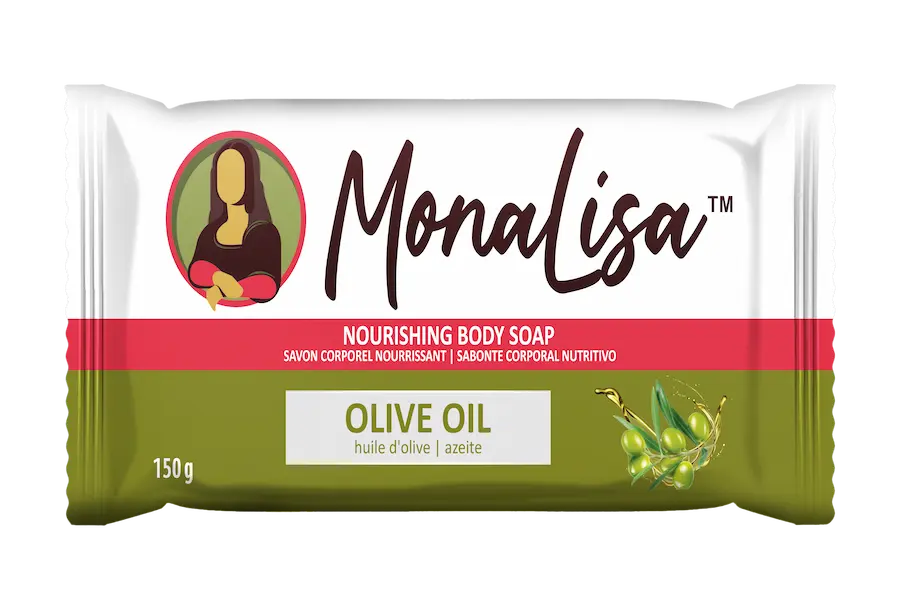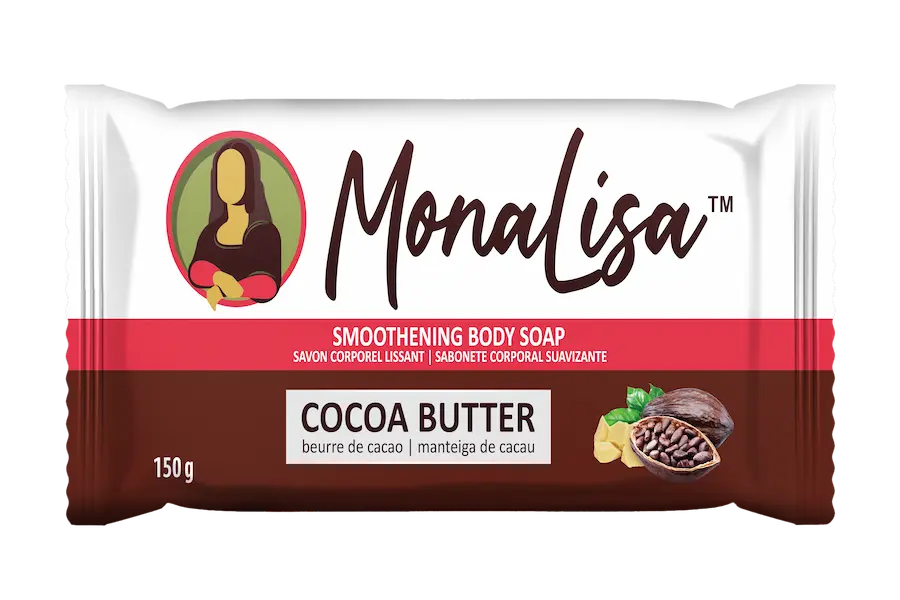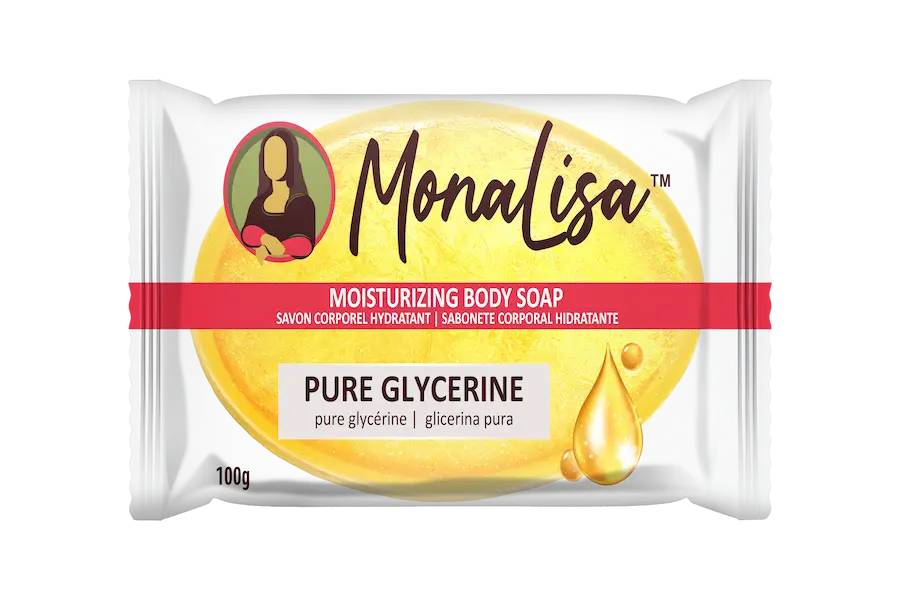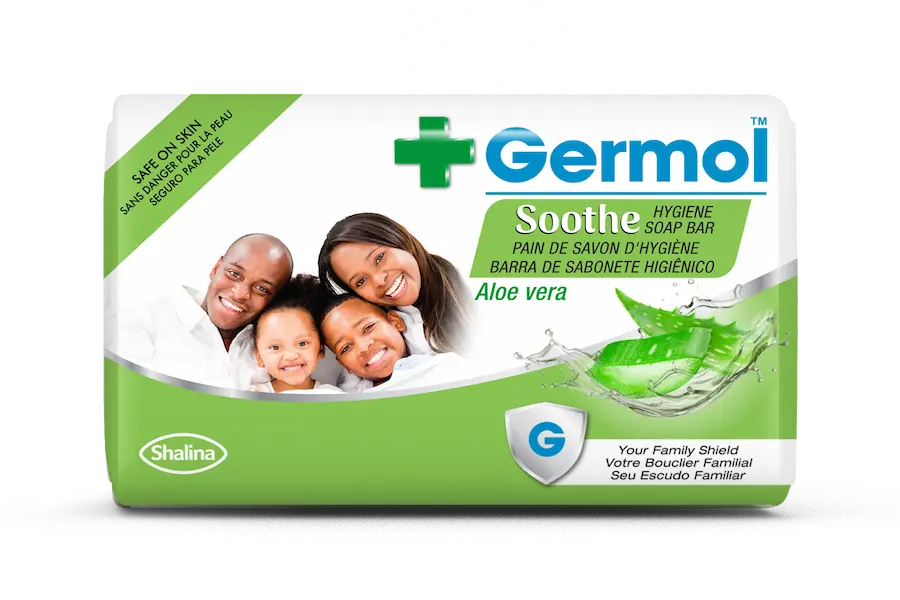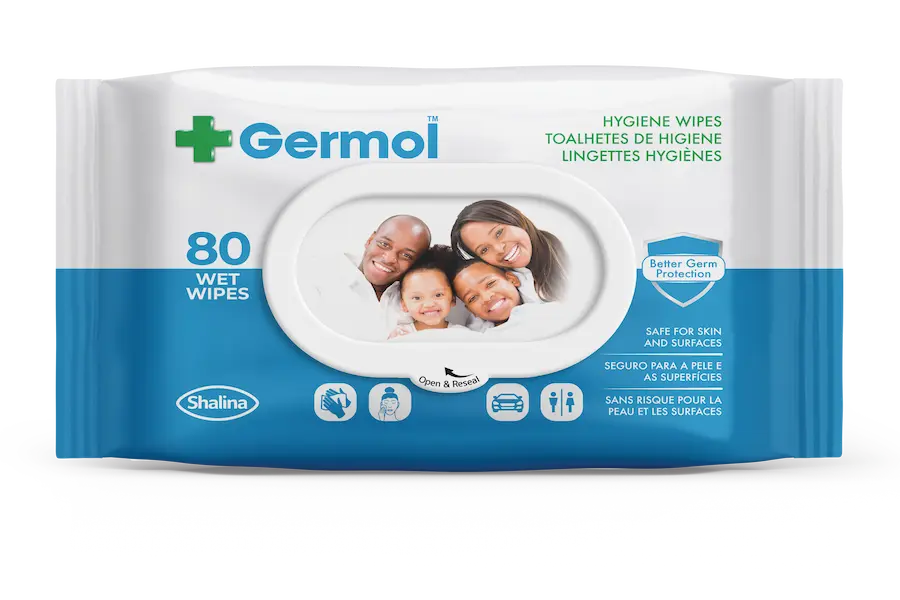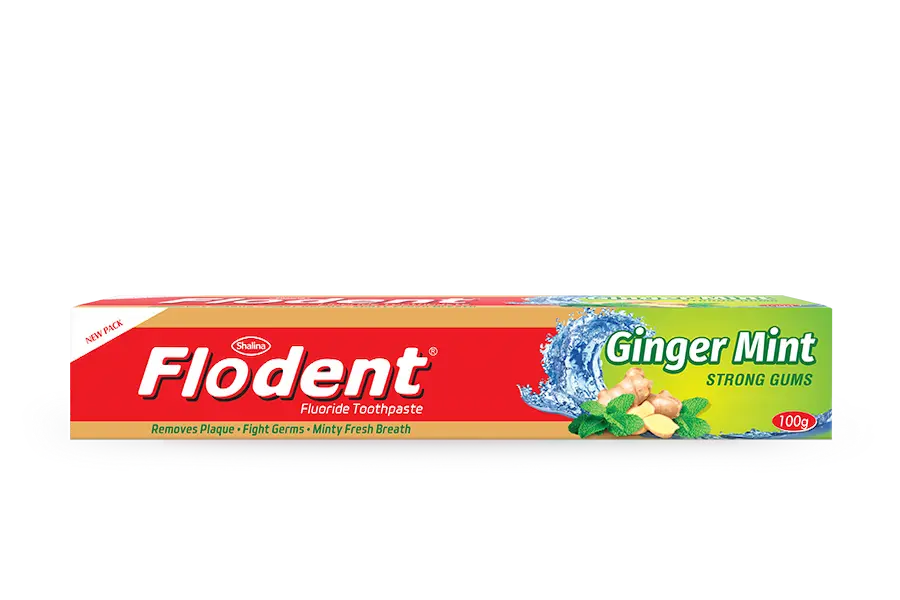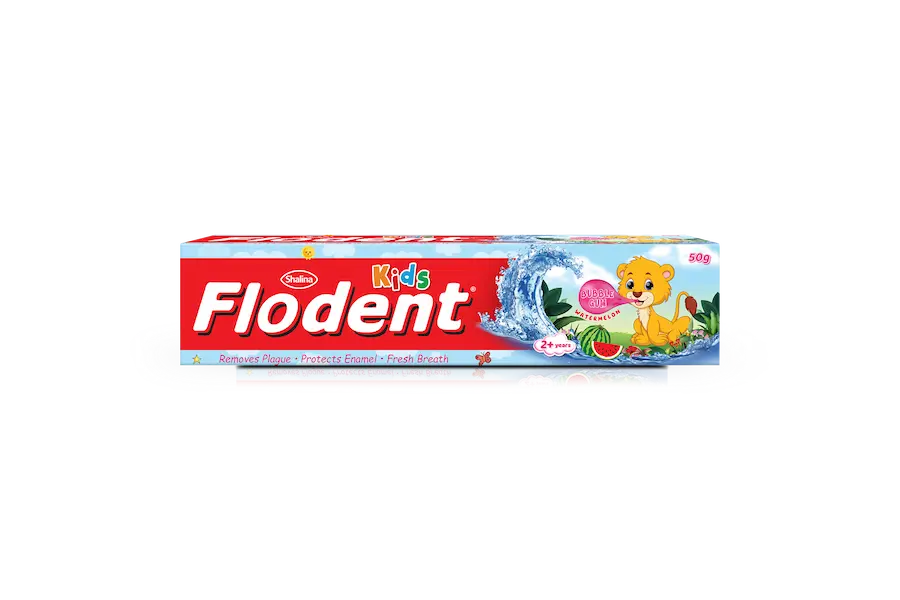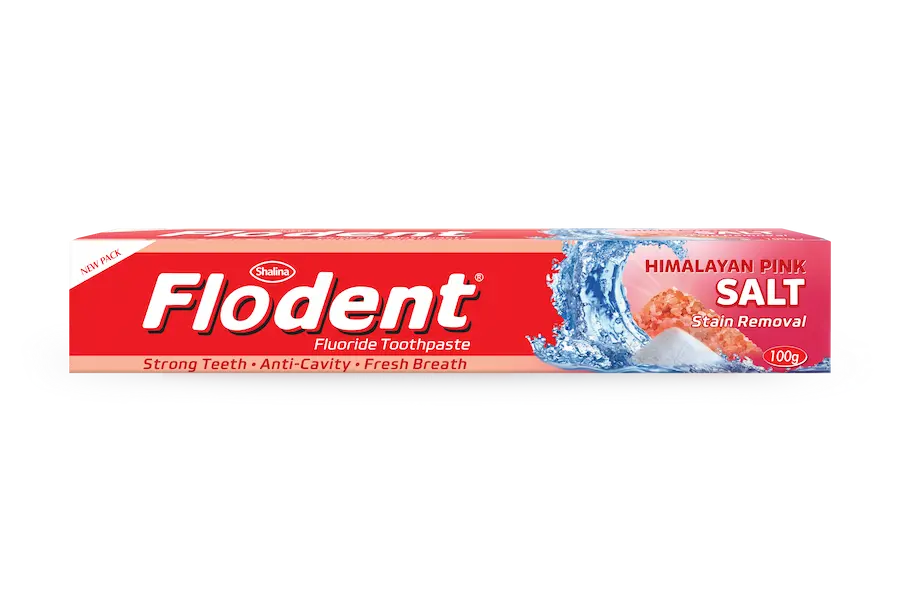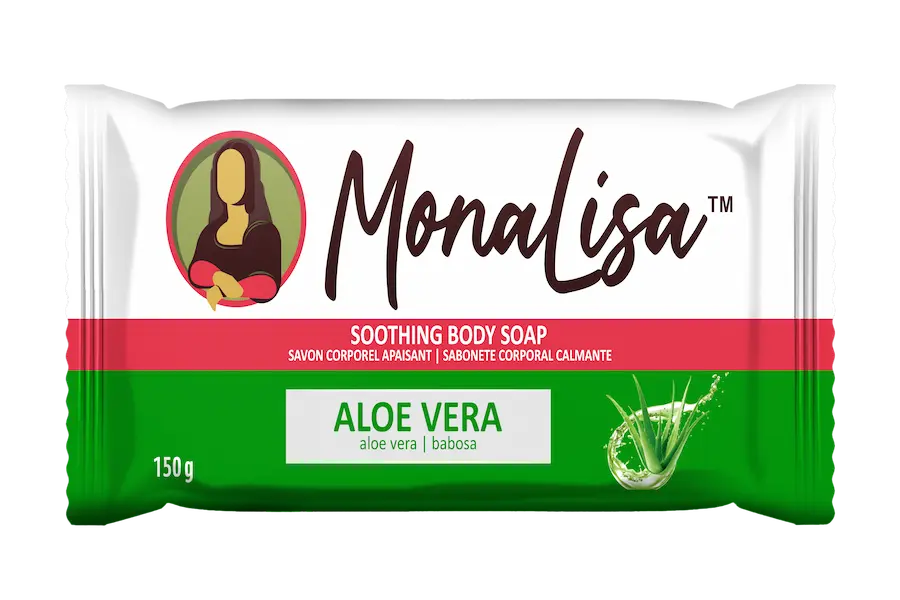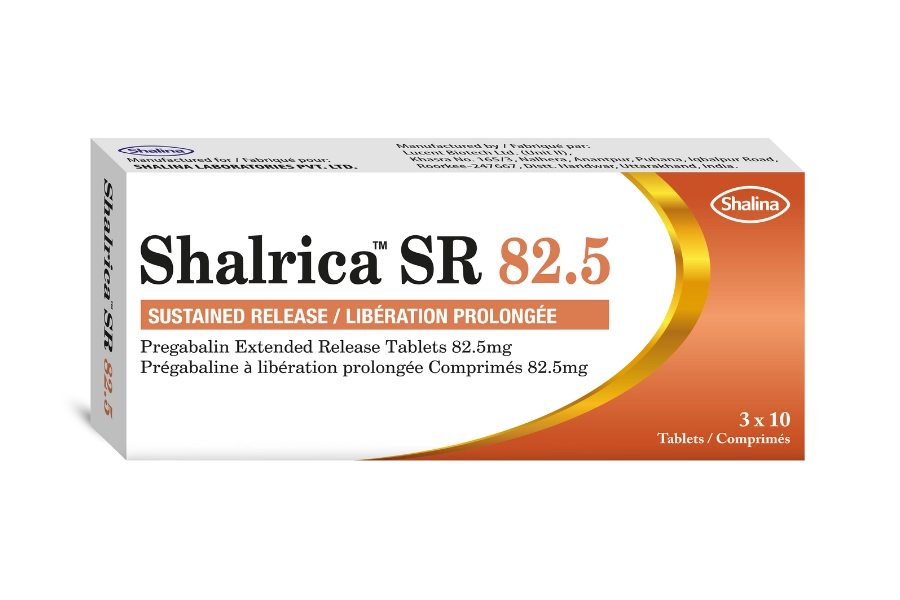What is cholesterol?
Cholesterol is a fatty, wax-like substance that your body actually needs. Your liver makes it naturally, and it’s also found in certain foods like eggs, meat, and full-cream dairy.
Why do we need it? Cholesterol helps your body build strong cell walls, make hormones, produce vitamin D, and create bile acids that help you digest food.
The problem comes when there’s too much cholesterol in your blood. Extra cholesterol can stick to the walls of your blood vessels, slowing or blocking blood flow. Over time, this raises the risk of heart disease and stroke.
The “good” and the “bad”: LDL vs HDL
Cholesterol doesn’t float around on its own. It travels through your bloodstream on tiny “carriers” called lipoproteins.
- LDL (low-density lipoprotein) is often nicknamed “bad cholesterol”. That’s because high levels of LDL can clog up your arteries, forming fatty build-ups called plaque. This increases the risk of heart disease and stroke.
- HDL (high-density lipoprotein) is sometimes known as “good cholesterol”. It acts like a cleaner: carrying cholesterol away from the blood and back to the liver, where your body can get rid of it. Higher HDL levels are linked with a lower risk of heart disease.
What about triglycerides?
Triglycerides are another type of fat in your blood. Your body uses them for energy, but too many can also harm your heart.
Having high triglycerides, especially when combined with low HDL or high LDL, can greatly raise your chances of a heart attack. Triglyceride levels often go up if you eat lots of fatty or sugary foods, drink too much alcohol, or don’t get enough exercise.
Medication for high cholesterol
When lifestyle changes aren’t enough, doctors often prescribe statins. These medicines lower LDL (“bad”) cholesterol and have been shown to:
- Cut the risk of heart attacks, strokes, and heart-related deaths by 25–35%
- Reduce the chance of having another heart attack or stroke by about 40%
Statins aren’t for everyone, but for people at risk, they can make a life-saving difference.
References
https://www.nhlbi.nih.gov/health/high-blood-triglycerides#
https://www.webmd.com/cholesterol-management/side-effects-of-statin-drugs
https://www.heart.org/en/health-topics/cholesterol/about-cholesterol#

